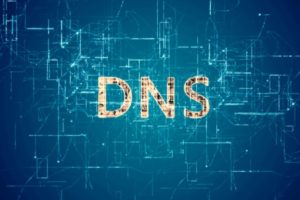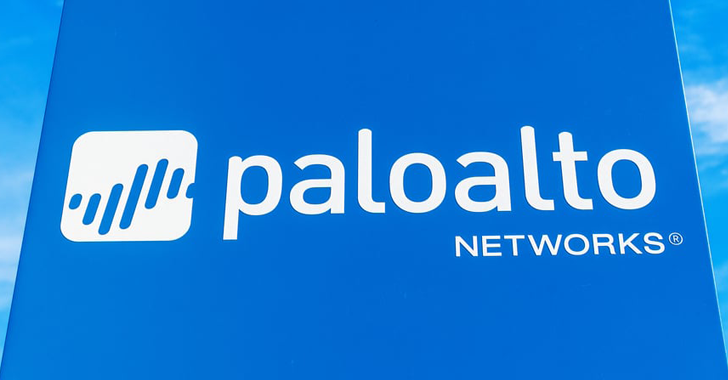DNS protection provides an additional level of protection between the user and the Internet by creating a blacklist of malicious websites and filtering out unwanted content. By using a secure DNS server, employees can avoid possible malicious attacks.
There is no single DNS server, but many DNS services are used to provide the backbone for Internet domain name resolution. Many users use DNS servers provided by their Internet service provider. This is not necessary. Instead, they can use a secure and free DNS server or a secure and paid DNS server. Since most Internet connections are made via DNS, DNS protection is an excellent way to improve security.
What is DNS?
The Domain Name System (DNS) transforms a human-readable domain (such as cwps.com) into a linked IP address (such as 104.27.136.180). This allows users to use easy-to-remember domain names instead of having to remember numbers. DNS is the basic technology for the Internet and makes it easier for users to use it. As a network layer between the user and the Internet, it can also be used to improve security.
Why is DNS Protection Important?
The Department of Homeland Security issued an emergency policy urging US companies to defend themselves against DNA hijacking. According to guidelines, FireEye and Cisco have found evidence of a recent DNS attack
DNS protection can help protect your network. Since many people have veiled their professional and personal lives, it is also important to protect the home network. Secure DNS solutions can improve BYOD policies, secure data inside and outside the office, provide additional benefits.
A secure DNS solution will provide:
Filtering content that can then be used to block adult and other unwanted websites and content. This does not require installation of software on computers. This works via DNS, which offers significant advantages over other filtering solutions. Content filtering reduces the ability for employees to visit “harmful websites” that can lead to dangerous cyberattacks.
It blocks malware and phishing websites that can contain harmful or dangerous content, such as: As viruses and fraud. For many, it is very difficult to identify phishing attempts. A content filtering action that can block known phishing attempts in conjunction with proper training can reduce the likelihood of such an attack. Blocking alone cannot protect against new phishing attacks.
Protecting botnets is a very dangerous threat as IoT devices become more popular. Botnet Protection blocks communication with known botnet servers and protects your device.
It blocks ads to filter content. Ads may attempt to collect information from employees or hide malicious apps. Although advertising is not directly dangerous, it can impact system performance and reduce employee efficiency.
Corrects typos like “facbook.com” in “facebook.com”. This is important because hackers frequently buy this “typographic” domain to install malicious programs or to collect data. The “typo” domain may seem like a real domain, but you can capture your data as soon as you enter it.
More speed, which can increase efficiency and productivity. Secure DNS servers often provide a faster search than DNS servers provided by Internet service providers. Secure DNS servers can also increase reliability. DNS resolution is used multiple times during the Internet connection. Even a gradual increase can, therefore, offer a higher level of performance.
How do employees begin to use protection at the DNS level?
Depending on your needs, there are free and paid protection services at the DNS level. You can search for “free DNS-level protection” to look for services and comparisons, but you can also consider paying for DNS services. Pro accounts provide advanced controls such as direct blacklist and whitelist control. Paid DNS servers can be faster or more reliable than free servers, but free servers are always valuable.
Once the right security service is found, you can apply it to the worker’s work tools to ensure that the work tools are still connected through a secure portal. If employees want to use their personal device for their work, you should invite them to use a secure DNS server. The server protects your desktop and your smartphones.
From there, the DNS server will provide an additional layer of security and content filtering between your employees and the internet. Being proactive about your company’s security is extremely important to reducing risk. If you want to start keeping your data secure today, consider the benefits of the CWPS’ Cloud Assist Security Foundation.
It is very important to look ahead to the safety of your business in order to reduce the risk. DNS server for those who want to protect their data. Visit our website and consider the benefits of DNS protection.
Also, Read:










